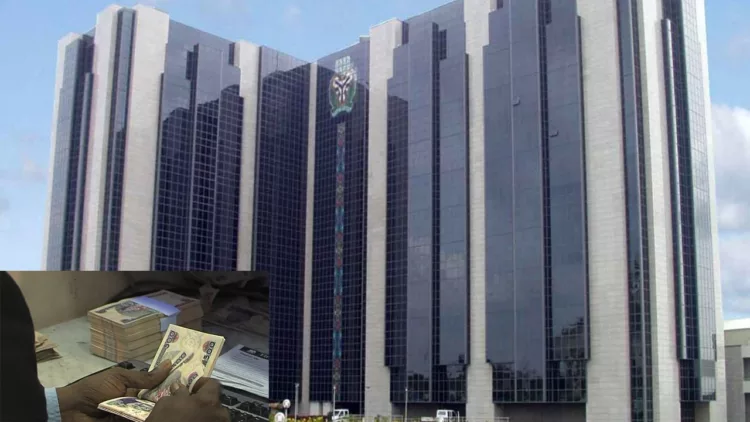
Business community has urged the government and the Central Bank of Nigeria (CBN) to consider a more balanced approach to monetary policy.
They noted that while controlling inflation is crucial, mitigating adverse effects on business operations and economic growth is imperative.
They noted with concern the recent decision by the CBN to raise the Monetary Policy Rate (MPR) by 50 basis points, bringing it from 26.25 per cent to 26.75 per cent. Following the 296th Monetary Policy Committee (MPC) meeting, this increment comes amid escalating inflation and surging food prices.
Speaking, the director-general of Lagos Chamber of Commerce and Industry (LCCI), Dr. Chinyere Almona recommended that the government should release more capital expenditure to reflate business activities and support the contribution to economic growth, saying that the capital expenditure released so far is too small in the face of the magnitude of the infrastructural deficit that businesses suffer from.
“With the new capital expenditure component of N12.2 trillion and a release of only N1.84 trillion at mid-year, we definitely need to speed up the release of funds for capital projects in the next quarter to boost economic growth,” she added.
She also said “we should diversify our approach to controlling inflation beyond interest rate hikes. Policies that directly address supply-side constraints, such as improving agricultural productivity and stabilising energy prices, can help reduce inflationary pressures more effectively.
“Increased investment in infrastructure can alleviate production bottlenecks and reduce business costs. This will enhance productivity and competitiveness, helping to tame inflation from the supply side.”
The director-general of Manufacturers Association of Nigeria (MAN) Segun Ajayi-Kadir said that “we recognize the efforts made by the MPC to stabilise price, as well as the rationale behind its decisions. However, it is expedient that the survival of manufacturing in Nigeria is prioritised when making monetary policy decisions.
“This will enable the sector to effectively play its role as the key driver of employment creation, productivity, stable foreign exchange earnings, and economic sustained growth.”
He implored CBN to be domestic production centric by taking a detour from continuous hike in MPR and allow time for the real sector to recover from the impact of previous hikes.
Ajayi-Kadir also directed the CBN to collaborate with the Ministry of Finance to facilitate stronger handshake and coherence between monetary and fiscal policies, calling for fiscal support system that will enable the manufacturing sector import raw materials, spares and machines that are not available locally at concessionary duty rate.
“Minimise pressure on foreign exchange reserves by incentivize backward integration and local sourcing to decrease reliance on imported products and raw materials.
“Enforce Executive Order 003 to enhance support for local industries and ramp-up domestic production by restricting access to forex for the importation of products manufactured locally.
“Address the issue of low manufacturing productivity and food production caused by the high-level of insecurity across the country to curb the persistent rise in inflation,” he added.
Copied
